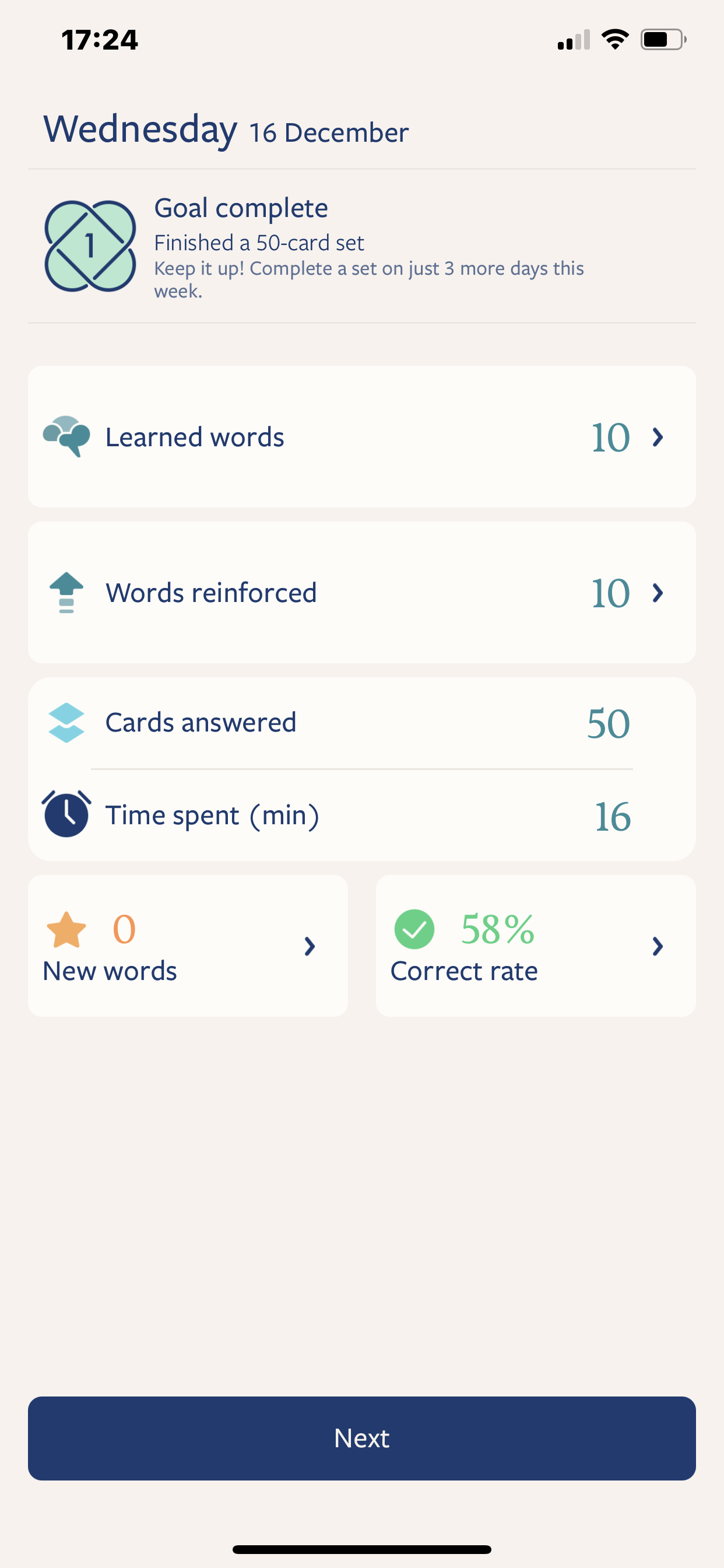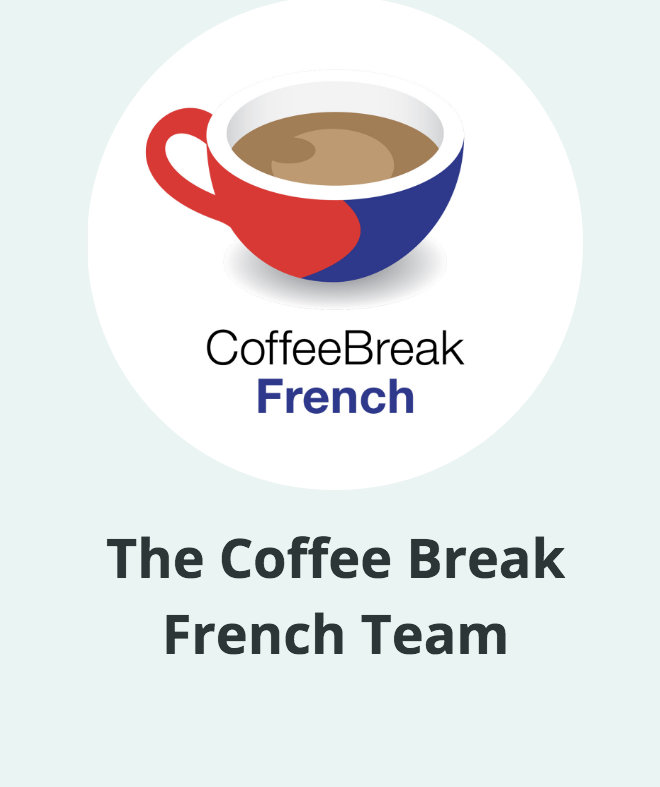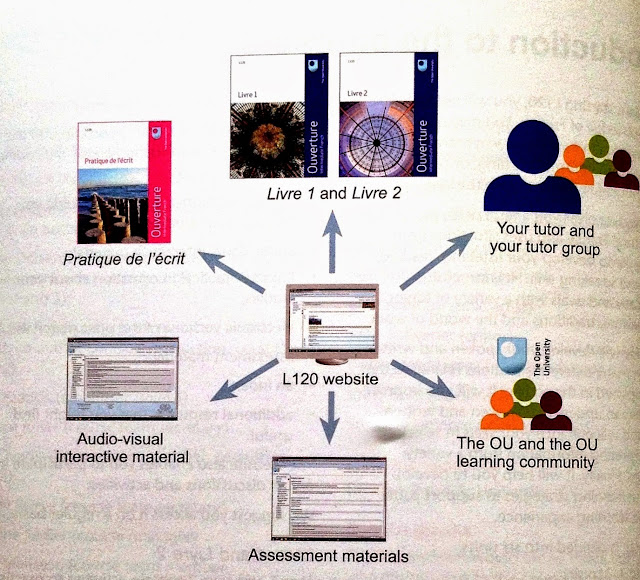Fig.1. Where to find resources and tasks for L120 L'Ouverture - Intermediate French from Livre 1
The above suggests a simplicity that isn't apparent when you have to do it, rather as if the module has been constructed by deconstructing and uploading an interactive DVD and trying to re-assemble its many fragmented parts. For example, to reach the interactive activities these are the required steps. Of course, although wasn't quit to figure that out, I can and now do save the link either to the Unit (step 6 of 9) or the Session.
The SIX trajectories given above (fig.1) are slightly disingenuous as all but the physical books (livres) split several, even many more times: there are many tutors to pick through, not just your own; the OU and the OU communities sound like two things but are each split many ways while both the AV materials and Assessment materials are offered as a clickable list. We go from these branches to multiple twigs in one, potentially confusing step. I'm going to do an more complete mindmap to get my head around this and then share it here for others on L120. I'll be unpicking the 'design architecture' as it were.
I'm slowly getting my head around this 'landscape' though <<ce n'est pas toujours evident en mon avis>>>.
Stages:
- StudentHome
- L120 Ouverture
- Audio-visual resources
- Audio-visual interactive materials
- L120 Ouverture
- Unité 1
- Session 5; Révision
- Activité 8
- Activité 1.5.2
Learning entirely online as I have done for the best part of three years 2010-2013, as well as two subsequent MAODE modules can lead you to expect that any module will be a simple case of going to the schedule, then clicking through the eight or none or more activities, ticking the boxes as you go along and wracking up the tally to complete the week. This 'pure' online learning has its strengths and weaknesses; it is wholly apt for the study of e-learning. This OU Language module is 'blended' - there are a few face-to-face gatherings, and, I think, once a month we gather online for an hour, as we did last night. Otherwise, the 'activities' are both 'online' and as we used to say 'off-line'. The online content here is not set out as a series of steps, but as the above graphic indicates, offered in a variety of locales. This makes it akin to entering a faculty and having to find your way between the library, lecture hall and tutor rooms, and the computer lab.
I'm playing a little catch-up as I was right to be worried that I should be doing, I think six to eight hours a week, rather than three or four. A brilliant innovation (I think) is the human contact with a 'Buddy' some helpful lad, a former student, who is more readily available than the tutors/associate lectures to point us in the right direction. Just as one has at university to keep freshers from going adrift.
See how these two environments are learning from each other, the best of each world being adopted by the other?
About time. Traditional universities will have to become as good as this as the OU. One day what differentiates the OU will be lost. Oxford Brookes is catching up. Some schools have excellent VLEs - this is what students will come to expect. The VLE at the University of Birmingham, where I've been a student for the last year, is worse then dreadful. FutureLearn shows the way to go.
One day the OU ought to have more residential courses, halls of residences or colleges, faculties that can be readily entered by students ... and even satellite centres globally.
On Verra. Martha Lane Fox is an inspired choice of new chancellor for the Open University.
I'm waiting for 'Lastminute revision dotcom'
p.s. is the spellchecker really identifying both poor spelling in English and in French? Cool!


